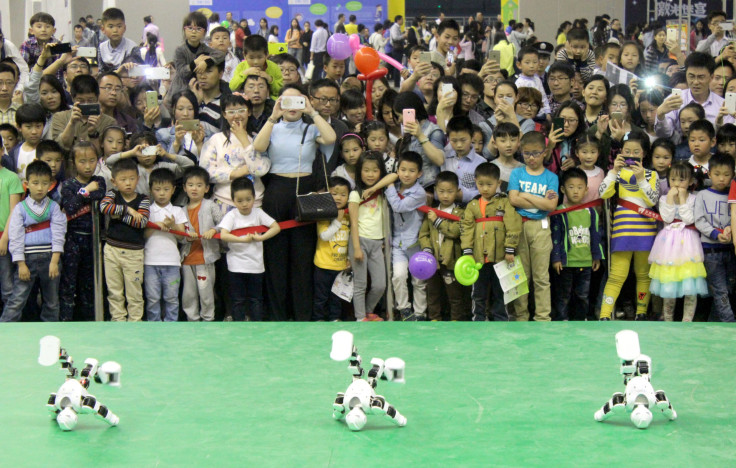Humans are on their path to becoming cyborgs; Transformation started 2M years ago

Australian scientists from University of Adelaide have revealed that humans are in the process of turning into cyborgs. Surprisingly, the process started about two million years ago when humans used implements such as stone tools to enhance their body’s power. Although a “Terminator” movie-like transformation will never happen, technological advances are not allowing humans to rely fully on their own biology. However, despite technological advances, the human body will not turn into a machine completely as it is an enormously complex evolutionary organism.
“A cyborg, as most people know it, is a completely artificial device or creation. But we are now becoming partly artificial. Human bodies increasingly contain elements of technology manufactured outside the body that allow it to function. In many hearts we now have artificial valves. We have artificial hips. You use technology to supplement your memory,” University of Adelaide professor Maciej Henneberg told AAP.
Henneberg has co-authored a book, “The Dynamic Human,” where he states that in future, society may need to redefine what exactly constitutes humanity. Artificial limbs, bionic ears and pacemakers mean that humans are already part-machine and with technological advances will increasingly become so.
However, Henneberg explained that the process of transformation from human to cyborg started during the Stone Age when humans invented hunting stone tools to help them with more power. People are increasingly becoming dependent on technology for their own good. This may lead to extreme health issues such as obesity and dangers of texting while driving.
The world is a continuously changing complex system and humans are a part of this ever-changing system. Within this framework, humans have evolved and keep on evolving, body and mind.
“The human mind is not a logical machine, it is a product of organic interactions. That complexity should not be underestimated,” Henneberg added.






